Sulawesi Superior Honey Bean Jember
When it comes to Sulawesi coffee, the more common is the "Toraja" coffee grown by Toraja aborigines, which is usually mellow and fragrant, similar to golden manning coffee, while this Jember honey treatment is also from Sulawesi, but it is a more high-end honey bean! Every time the bean is roasted, the honey aroma continues to gush out, making it completely unthinkable that it is Sulawesi coffee.
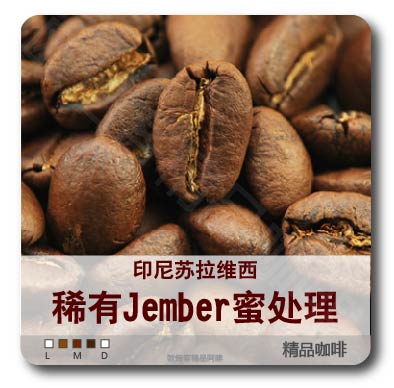
Honey treatment is generally common in Central and South America, especially in Costa Rica, which is complicated and time-consuming. The general procedure is as follows:
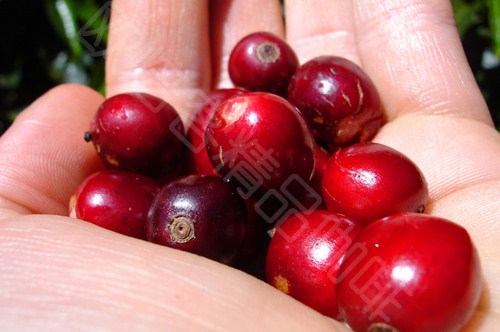
Picking mature fruits with fat grains by hand
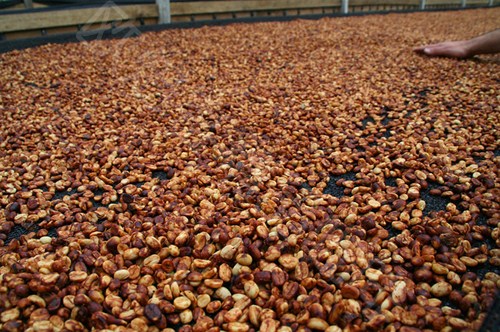
Elimination of bad beans by buoyancy screening method used by washing method
With a special pulp planer, the peel is removed under the requirement of keeping as much pulp as possible according to the weather conditions.
Expose the coffee beans to remove part of the pulp on the off-ground grid and turn the wet sticky coffee every hour to avoid fermentation.
When the water content of coffee beans is reduced to 11.12%, the dried and hardened pulp and endocarp will be removed by machine.
Then polish and remove the silver skin.
As the honey treatment method is so time-consuming and time-consuming, the cost increases a lot, but the coffee created is really fascinating and unstoppable!
I chose this bean in a blind test and let the elder next to me say it was good, because it really tastes good, tastes good, is sweet and charming, and I unwittingly like it just by smelling the taste of ripe beans.
Later learned that this bean itself is specially for the European market of special processing beans, beans belong to Jember (Typica variety, also known as S795, spread from Ethiopia to Yemen, India, and finally to Indonesia), no wonder the elegant flavor, coupled with honey treatment blessing, created this people fall in love with the amazing characteristics, maple syrup, honey, flower and fruit flavor, completely unlike the general Sulawesi beans.
As I was really impressed and really impressed by its excellent quality, with the support of the supplier, I decided to share it with all my friends.
Producing area: Sulawesi
Bean seed: Typica
Altitude: 1500m-1800m
Average annual temperature: 10-22 degrees C
Harvesting method: manual harvesting
Treatment method: honey treatment method
Recommended baking degree: medium and shallow baking, medium baking
Important Notice :
前街咖啡 FrontStreet Coffee has moved to new addredd:
FrontStreet Coffee Address: 315,Donghua East Road,GuangZhou
Tel:020 38364473
- Prev
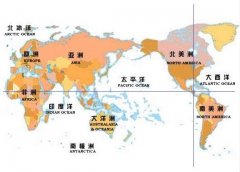
Special Highland Coffee with Honduran flavor and taste characteristics
Honduras: special highland coffee flavor and taste characteristics: good flavor, rich and mellow, suitable for mixed drinking. Honduras is located in the north of Central America, facing the Caribbean Sea to the north, the Gulf of Fonseca in the Pacific Ocean to the south, Nicaragua and El Salvador to the east and south, and Guatemala to the west, mostly mountains and plateaus. It has a tropical climate, mild temperature, abundant rainfall, and is a coffee producer.
- Next
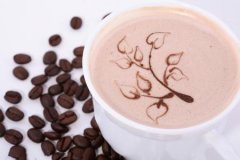
What are the characteristics of organic coffee beans
In many parts of the world, growers use pesticides to control the growth of coffee pests, and moist and foggy coffee at high altitudes are more vulnerable to fungi, so growers often use pesticides to treat them. Many people believe that coffee can be called organic coffee as long as synthetic pesticides, herbicides and chemical fertilizers are not used during coffee growth. in fact, it is only in third parties (except coffee makers and producers).
Related
- Guji coffee producing area of Guji, Ethiopia: Humbela, Shakiso, Wulaga
- What is the most expensive variety of Qiloso in BOP multi-variety group?
- How to store the coffee beans bought home?
- Why are Yemeni coffee beans so rare now?
- Ethiopian Sidamo all Red Fruit Sun Sun Santa Vini Coffee beans
- SOE is mostly sour? What does it mean? Is it a single bean? what's the difference between it and Italian blending?
- Is Italian coffee beans suitable for making hand-brewed coffee?
- How to choose coffee beans when making cold coffee? What kind of coffee beans are suitable for making cold coffee?
- Just entered the pit to make coffee, what kind of coffee beans should be chosen?
- Can only Japan buy real Blue Mountain Coffee? What are authentic Jamaican Blue Mountain coffee beans?

